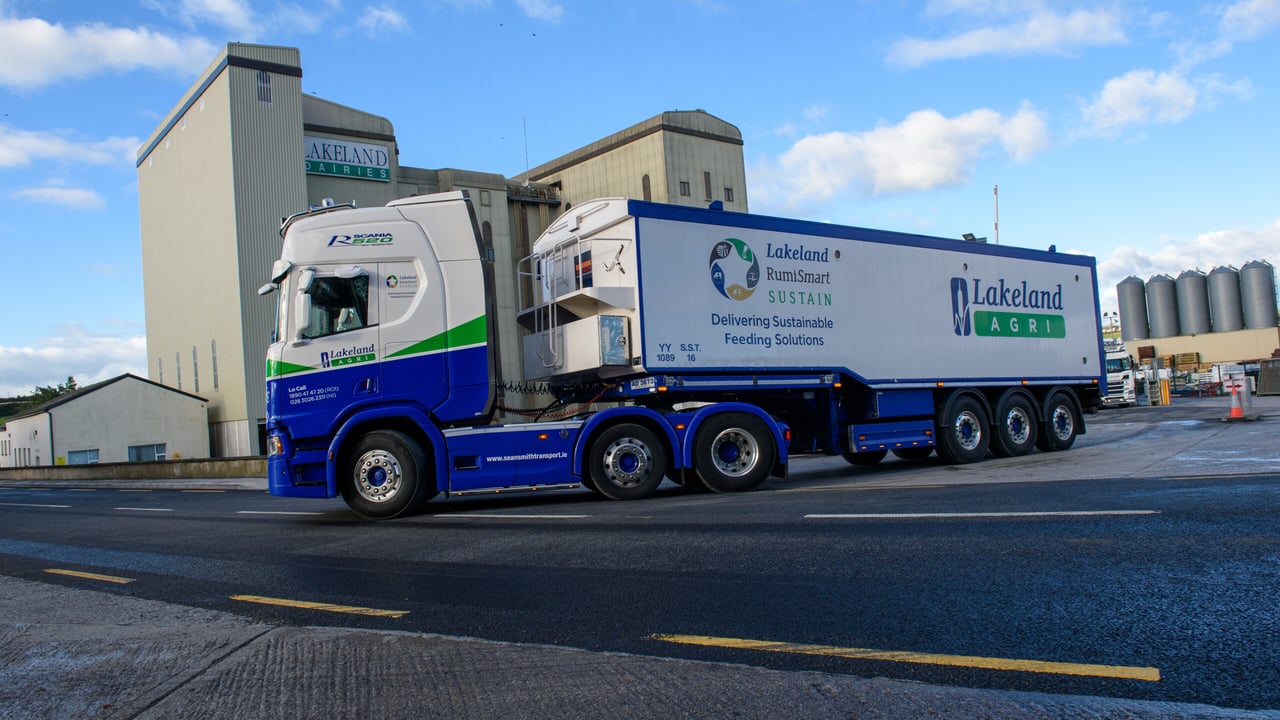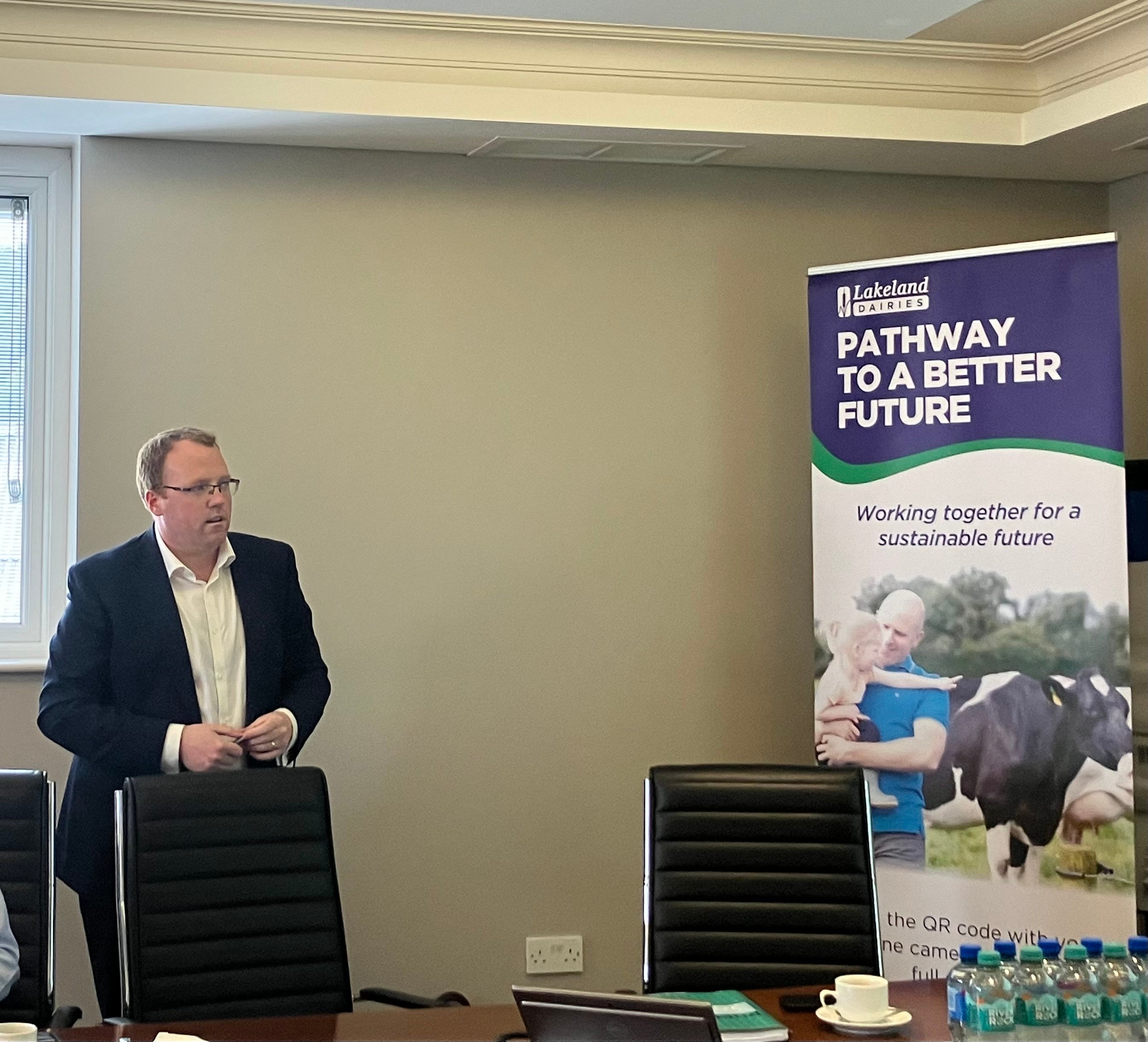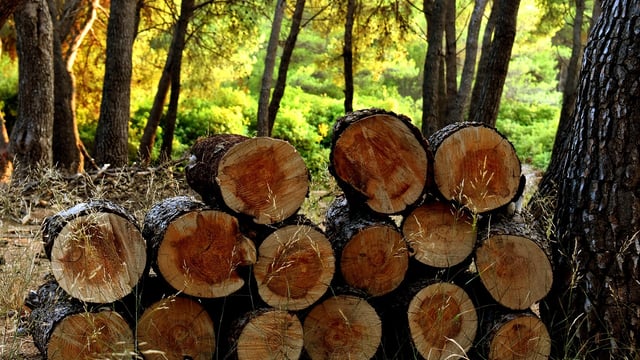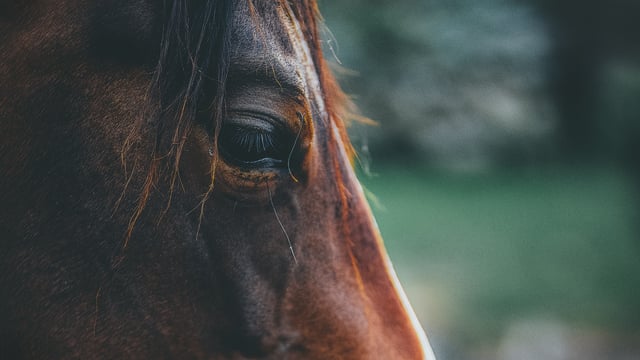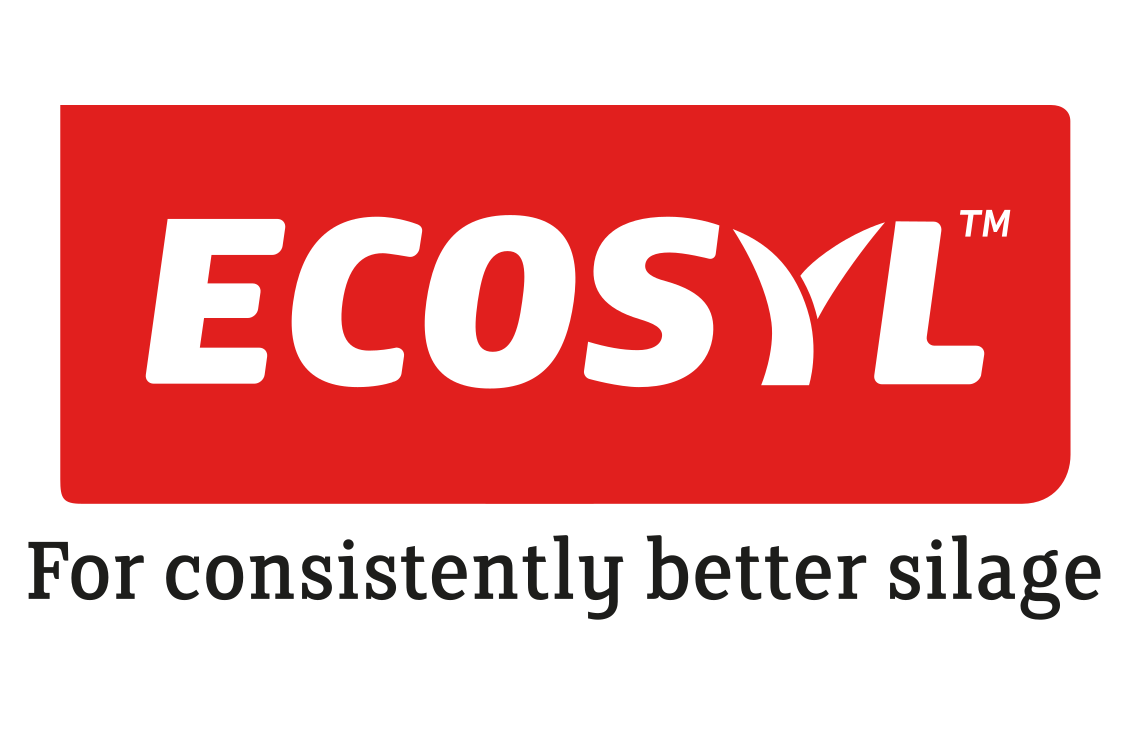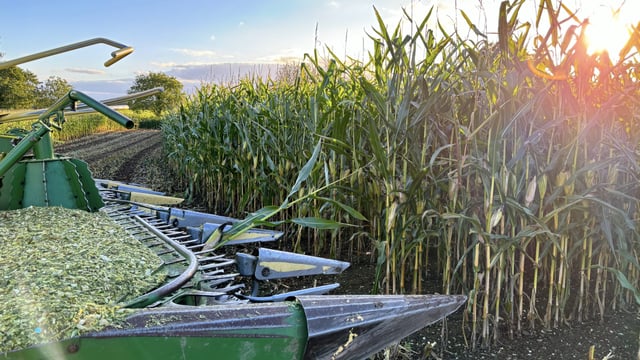Lakeland Dairies to focus on value over volume in wake of industry challenges
Lakeland Dairies CEO, Colin Kelly has said that the co-op is is going through a "transformation phase", where focus is turning from volume of production to value.
This follows the co-ops plan to close three of its facilities over the next 16 months in order to cut overhead expenses.
Speaking at the annual general meeting (AGM) of the Guild of Agricultural Journalists today (Thursday, June 20), Kelly said that these changes will be seen in the area in two months time and again in a further six months.
To keep up with changes, the co-op's strategy will now involve looking at how it can continue to produce its average two billion litres of milk a year, but "more efficiently".
Kelly said that Lakeland Dairies will also focus on "internationalisation", by buying in value.
"We have to ultimately buy in value, because we have come through a period where costs have been going up, but milk has also been going up.
"For the period we're going in to, costs will continue to go up, but milk processing will probably flatline," Kelly said.
Like many other co-ops, Kelly said there will be a need for an increase in finance for sustainability measures.
He said that these measures will pay back "in the long run", but will "cost the business" at the moment.
In terms of water quality, Kelly also said that Ireland is "no different" to other countries and that "work will need to be done" to "maintain the 220 market volatility".
One of the main challenges Kelly highlighted was the increase in cost of labour.
"When we look at automation and if we're making 240 products, it is very hard to get a one size fits all on that.
"No matter what we look at it, it is hard to get away with the need for additional labour," Kelly said.
In addition to issues within the co-op, Kelly said there is also the "issue of succession" on many farms causing labour concerns.
"The age dynamic of farmers is generally increasing. Maybe with smaller farms, they might [successors] be less inclined to stay at home on the farm," Kelly said.
Despite challenges, Kelly said that Lakeland Dairies is overall "positive" about the future of dairy globally, with supplies going to both developed and developing countries.
With 3,200 farm families in Ireland, the co-op also supplies 240 products to 100 global markets.
The co-op continues to process 17-18% of the milk that is produced in Ireland. In terms of Northern Ireland specifically, excluding the rest of the country, Lakeland Dairies is producing just under 50% of the milk there.
The closures of the three Lakeland Dairies facilities were announced due to the "backdrop of evolving environmental realities and regulatory direction from a milk supply perspective”.
It means Lakeland Dairies will see 78 redundancies, with redeployment opportunities available.
Kelly confirmed that there has also been redundancies made in the agri-division and support functions, and that there are reviews ongoing within the co-op.
"Nobody wants to close facilities and nobody wants to see people losing jobs. But ultimately we deliver the best price we possibly can for farmers and stay as competitive as we possibly can," Kelly said.
Going forward, Lakeland Dairies has stated that it will focus on innovation and new product development for the next generation.

